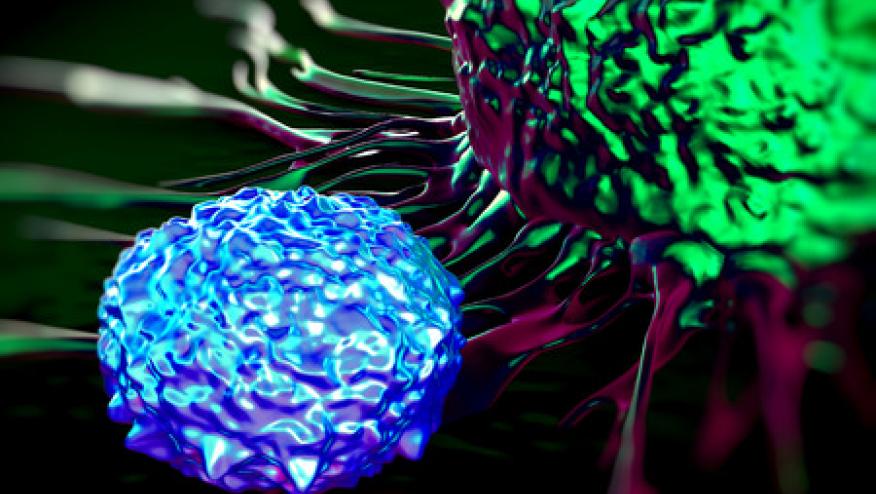Sorting Out the Complexities of Autoimmunity with Immune Checkpoint Inhibitor Therapy Save

The current issue of Annals of Internal Medicine features an editorial by Dr. Len Calabrese that focuses on a systematic review published in the journal on autoimmune and inflammatory complications due to checkpoint inhibitor (CPI) therapy for cancer. He points out that "immunologic checkpoints are brakes on an activated immune system; and that CPIs remove or diminish these brakes and reinvigorate an exhausted immune response". (Citation source: https://buff.ly/2CQia03)
With growing use of 6 marketed CPI, we have seen numerous autoimmune and/or autoinflammatory complications associated with CPIs; collectively these have been called as immune-related adverse events (irAEs). Hundreds of these cases have been described and range from RA, PsA, PsO, PMR, etc. Such immune mediated inflammatory disorders (IMIDs) have been excluded from clinical trials with CPIs.
Given that many IMIDs are at increased risk for neoplasia, it is unknown what will happen when an IMID meets a CPI?
Suarez-Almozar and colleagues reported their findings of a systematic review of CPIs given to patients with autoimmune and the spectrum of irAEs .
Their review was narrowed to 49 publications and included 123 patients from in 30 different autoimmune and/or autoinflammatory diseases. These patients were treated with either ipilimumab (a cytotoxic T lymphocyte–associated protein 4 inhibitor) or one of several anti–PD-1/PD-L1 agents in isolation.
Nearly three quarters a de novo irAE or had a flare of their underlying autoimmune disease. Dr. Calabrese points out that there were more de novo irAEs with ipilimumab and more flares of preexisting disease with therapies targeting PD-1.
Most flares and irAEs were managed with corticosteroids and a minority (16%) required other immunosuppressive therapies. Adverse events improved in more than half of patients without discontinuation of CPI therapy. Three patients died of adverse events.
Flares and irAEs in patients with autoimmune disease who are receiving CPIs can often be managed without discontinuing therapy, although some events may be severe and fatal.
Both authors call for prospective studies of CPIs in patients with preexisting autoimmunity. Systematic reviews may be marred by reporting bias and channeling bias.










If you are a health practitioner, you may Login/Register to comment.
Due to the nature of these comment forums, only health practitioners are allowed to comment at this time.